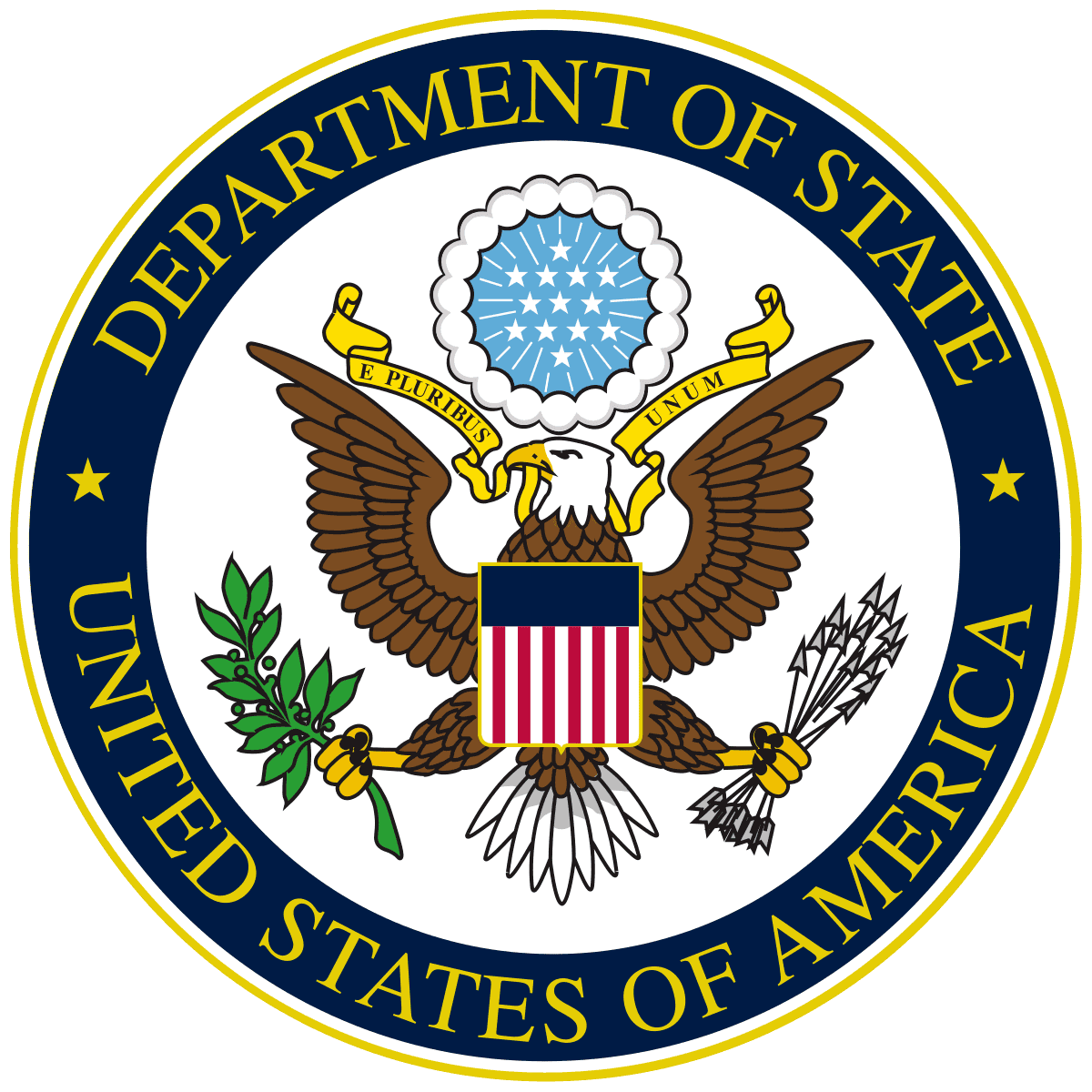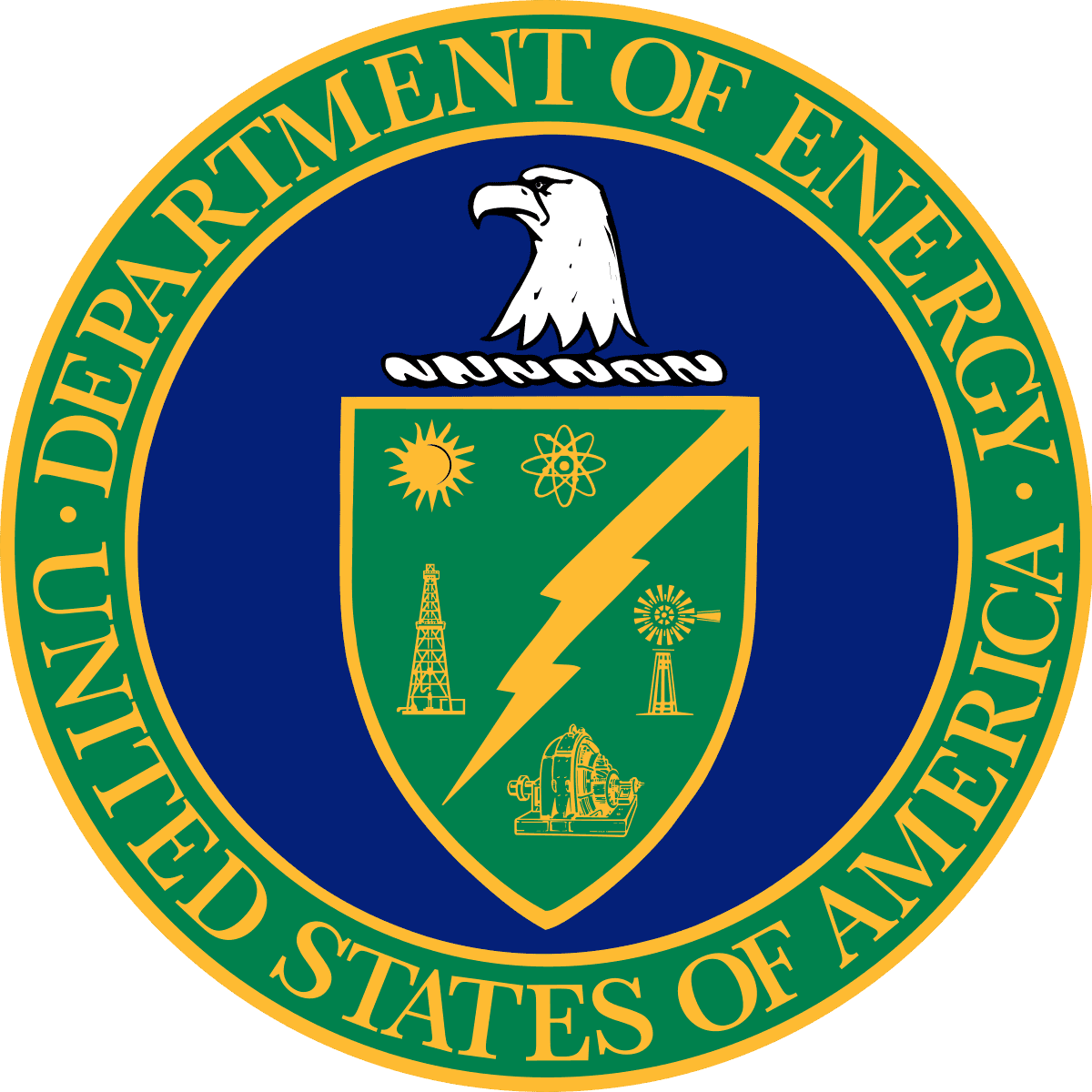
2 Feb 2024
France Can Play a Leading Sustainable-Energy Role in Africa
If nuclear power is to play an increasing role in sustainable electricity generation and climate-change abatement, then France is ideally positioned to serve as a global example and leader. The nation's government and business leaders should be able to draw particular interest from Francophone Africa, a group of almost 20 nations in North, West, and Central Africa that encompasses around 400 million people.
The new impetus behind nuclear comes from a declaration at the COP28 summit in Dubai that endorsed tripling the amount of nuclear-generated electricity in the world by 2050. The statement was signed by more than 20 nations, including France. Two African signees were also present: Morocco, a French-speaking member of the worldwide “Francophonie” association, and Ghana, an English-speaking nation that is also part of the association because it's located in the midst of Francophone Africa.
The Nuclearscape Today
South Africa, which is not part of Francophone Africa, is the only African nation to use nuclear power, and produces only 5% of its electricity from it. Now, one can surmise that Morocco and Ghana wish to join the club of 32 nations in the world who now rely on nuclear energy as part of their sustainability strategy. France and the US will no doubt compete with one another – and more important, with China – to develop and supply any new markets for nuclear-power reactors.
France leads the world by percentage with 62.5% of its grid coming from nuclear. France also ranks third in overall production, with about 400 TWh per year. The US leads with around twice that amount (with 15% of its power coming from nuclear), and China (with 5% of its massive power consumption coming from nuclear) is very slightly ahead of France in annual production.
Key Francophone Nations Line Up
Morocco, Ghana, and Côte d'Ivoire have the three largest economies In Francophone Africa. None of the three are particularly large; Morocco generates about $150 billion in annual GDP, while Ghana and its neighbor Côte d'Ivoire tally roughly $80 billion in annual GDP. Morocco's economy is on a par with the US state of Nebraska, or the EU nation of Slovakia. The two others are each comparable to North Dakota or Slovenia.
Handily enough, Slovenia and Slovakia are the smallest countries by GDP that currently produce nuclear energy. So it follows that our three African nations here have the potential to do so.
A separate, intriguing case is presented by the Democratic Republic of Congo, which has the fourth-largest economy in Francophone Africa. It also has a large population of more than 100 million people, compared to 30 to 40 million for each of the other three mentioned here.
This nation spreads in a gigantic square encompassing almost 900,000 square miles (with very important panhandles, one which reaches to the Atlantic Ocean and contains its capital Kinshasa, the other which contains its second-largest city Lubumbashi.)
Democratic Congo (once known as Zaire) is one of the most resource-rich nations in the world, while also being terribly troubled over the years by Belgium's particularly brutal colonialism and ongoing infrastructure deficits and ugly internal wars. It represents an archetypal high risk-reward scenario for intrepid investors and developers, and a government that faces no end of challenges.
Physical Challenge
Electricity degrades over distance, normally making it impractical to extend any single power plant's reach for more than a couple hundred miles. The enormous, sophisticated electricity grids of the EU and North America can offer lessons in how best to stretch the reach of electricity, and China is also extending its grids by dint of a large population that can consume their output.
Discussions about the physical limitations of building nuclear power for multiple, smaller countries in Francophone Africa should thus be as complex and interesting as the political discussions.
The declaration in Dubai also took note of safety and security concerns as well as political realities in proliferating the use of nuclear energy in the world, without creating a formal process to monitor or regulate it.
This job has gone to the International Atomic Energy Agency (IAEA), a United Nations intergovernmental organization with limited powers headquartered in Vienna and dating to 1957. The separate International Energy Agency (IEA), headquartered in Paris, was created 50 years by the OECD to provide policy recommendations and research.
It seems that these agencies, plus a welter of others, will be increasingly interested in whether and how new nuclear-powered nations emerge.
In any circumstance, here is France's chance to step forward and lead discussions within the Francophonie, if relations between it and its African fraternity can be made sturdy enough to contemplate an aggressive nuclear power strategy among these nations.
Follow us on social media:


.d57b427b.png&w=3840&q=75)

















